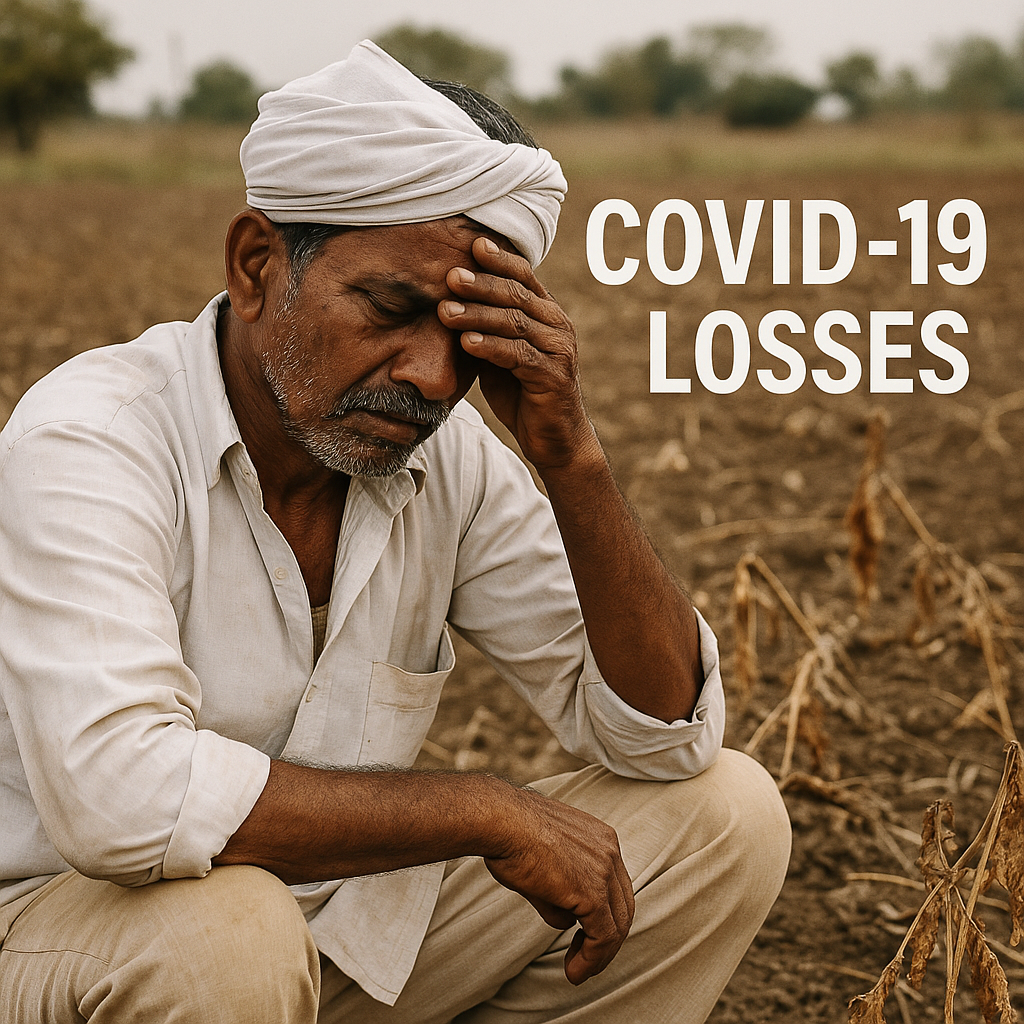
The Problem No One Was Solving: India’s Post-Harvest Crisis
Amogh MayeeIndia ranks among the top producers of fruits and vegetables globally, yet nearly one-third of this bounty never reaches consumers. Every year, over 30% of fresh produce is lost post-harvest—either wasted, spoiled, or discarded due to poor logistics, inadequate cold chains, and limited storage. This results in not just food loss, but also a severe income loss for farmers who rely on timely sales.
During the COVID-19 lockdown, this invisible problem became glaringly visible. Farmers in rural India helplessly watched truckloads of vegetables rot due to shut mandis and halted supply chains. Meanwhile, urban households scrambled to find fresh food amidst restrictions. The disconnect was heartbreaking—and avoidable.
This glaring imbalance sparked a question in our minds: Could we create a food brand that connects rural abundance with urban need—while minimizing food waste, empowering farmers, and delivering convenience? That question led to the birth of Poshaqq—a ready-to-cook, easy-to-cook Indian meal kit with a 6-month shelf life, no preservatives, and a sustainable farm-to-fork model.
At Poshaqq, we aren’t just solving a supply chain problem—we’re building a food system that works for farmers, families, and the future.
